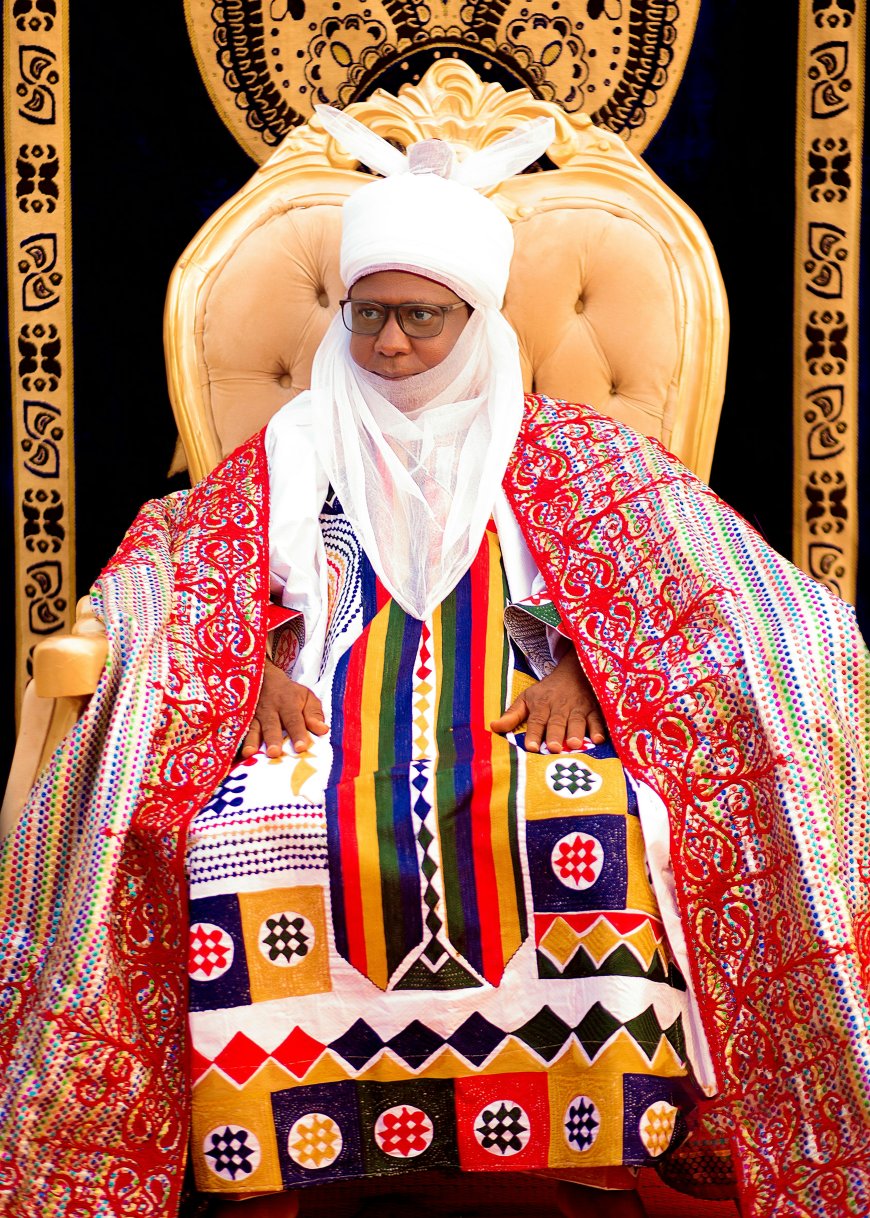Famous Philosophers and Their Ideas
Explore the world’s most famous philosophers and the ideas that shaped society, ethics, politics, and human thought across centuries.

Philosophy is the foundation of human thought. Through the centuries, philosophers have questioned existence, morality, and society, leaving legacies that continue to influence politics, science, and culture. Their ideas challenge us to think critically, live ethically, and envision better futures.
From ancient Greece to modern times, these thinkers reshaped how humanity understands the world and its place within it.
Socrates: The Father of Philosophy
Socrates (469–399 BCE) is widely regarded as the father of Western philosophy. Famous for the Socratic method, he encouraged questioning, dialogue, and critical thinking.
Though he left no written works, his ideas were preserved by students like Plato. Socrates emphasized ethics and virtue, asking fundamental questions about what it means to live a good life.
Plato: Visionary of Ideal Forms
Student of Socrates, Plato (427–347 BCE) explored justice, reality, and knowledge. In works like The Republic, he introduced the concept of ideal forms and envisioned societies governed by wisdom and reason.
Plato’s philosophy influenced politics, education, and ethics, laying a foundation for centuries of intellectual discourse.

Aristotle: The Scientist Philosopher
Aristotle (384–322 BCE), Plato’s student, combined philosophy with observation and science. He studied biology, physics, ethics, and politics, emphasizing logic and empirical evidence.
His ideas about virtue, ethics, and the structure of governments continue to inform modern philosophy, political theory, and education.
René Descartes: Father of Modern Philosophy
French philosopher René Descartes (1596–1650) introduced rationalism and emphasized reason as the path to knowledge. His famous statement, “Cogito, ergo sum” (“I think, therefore I am”), challenged assumptions about existence and knowledge.
Descartes’ approach laid the groundwork for scientific reasoning and modern philosophy.
Immanuel Kant: Ethics and Morality
German philosopher Immanuel Kant (1724–1804) explored morality, freedom, and human understanding. His categorical imperative proposed that actions should be guided by universal principles rather than personal desires.
Kant’s ideas influenced modern ethics, law, and human rights, providing a framework for moral reasoning still used today.

John Locke: Ideas of Liberty and Government
English philosopher John Locke (1632–1704) emphasized individual rights, government by consent, and property as a natural right. His political philosophy influenced democratic governments, including the U.S. Constitution, shaping modern concepts of freedom and governance.
Locke’s ideas remain central to debates on human rights, democracy, and social contracts.
Simone de Beauvoir: Feminist Philosophy
French philosopher Simone de Beauvoir (1908–1986) challenged traditional gender roles in The Second Sex, exploring women’s oppression and existential freedom.
Her work laid the foundation for modern feminist theory, inspiring movements for gender equality and social justice worldwide.
Why Philosophers Matter
Philosophers push society to examine assumptions, values, and the human experience. Their ideas influence politics, science, ethics, and art, helping humanity navigate moral dilemmas and envision a better world.
By studying these thinkers, we learn to question, reason, and reflect — essential skills in every aspect of life.
FAQs
Q1: Who is considered the father of Western philosophy?
A1: Socrates is widely regarded as the father of Western philosophy for his method of questioning and dialogue.
Q2: What is Plato known for?
A2: Plato is known for his theory of ideal forms and works like The Republic exploring justice and governance.
Q3: How did Aristotle contribute to science and philosophy?
A3: Aristotle combined observation with philosophical reasoning, studying ethics, politics, and natural sciences.
Q4: What is René Descartes’ famous quote?
A4: “Cogito, ergo sum” (“I think, therefore I am”), emphasizing reason as the path to knowledge.
Q5: How did Simone de Beauvoir influence modern feminism?
A5: Her book The Second Sex explored women’s oppression and existential freedom, inspiring gender equality movements.
What's Your Reaction?
 Like
0
Like
0
 Dislike
0
Dislike
0
 Love
0
Love
0
 Funny
0
Funny
0
 Angry
0
Angry
0
 Sad
0
Sad
0
 Wow
0
Wow
0




































































